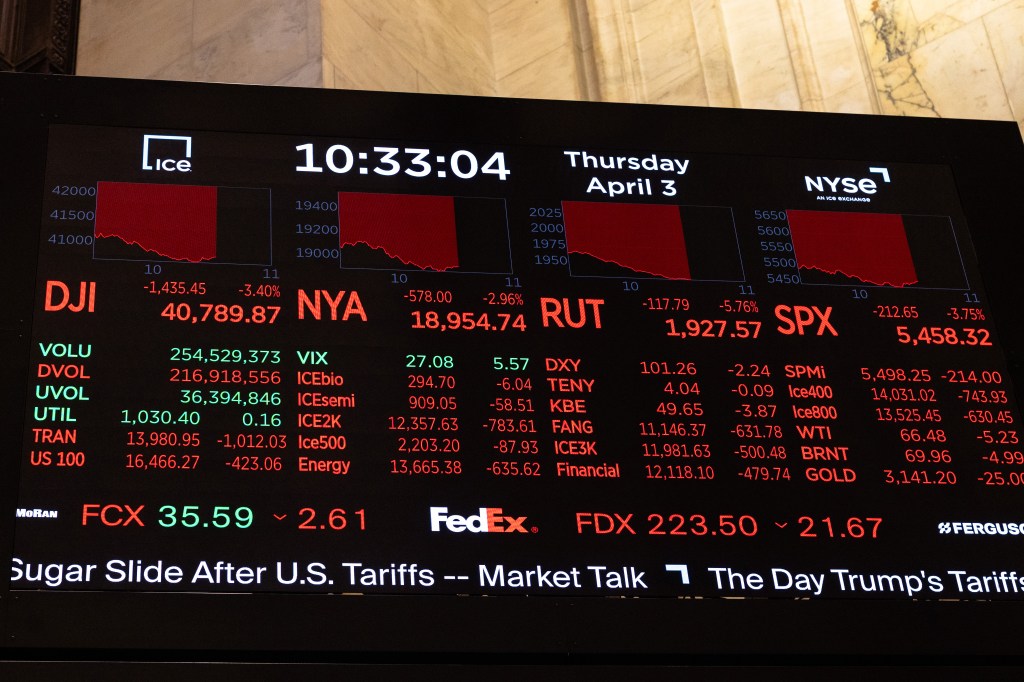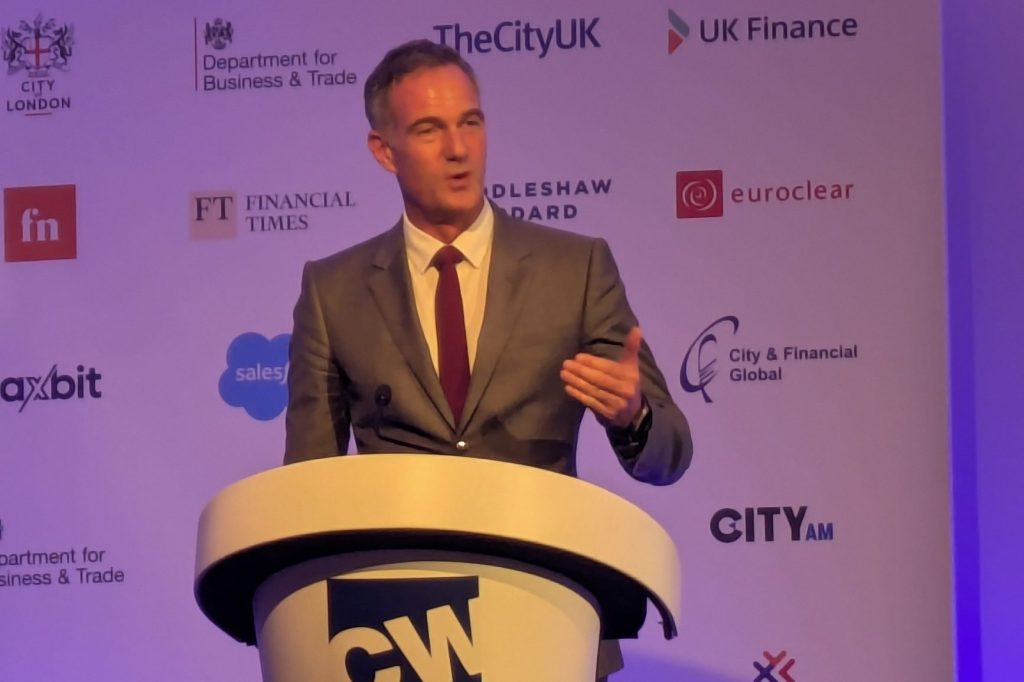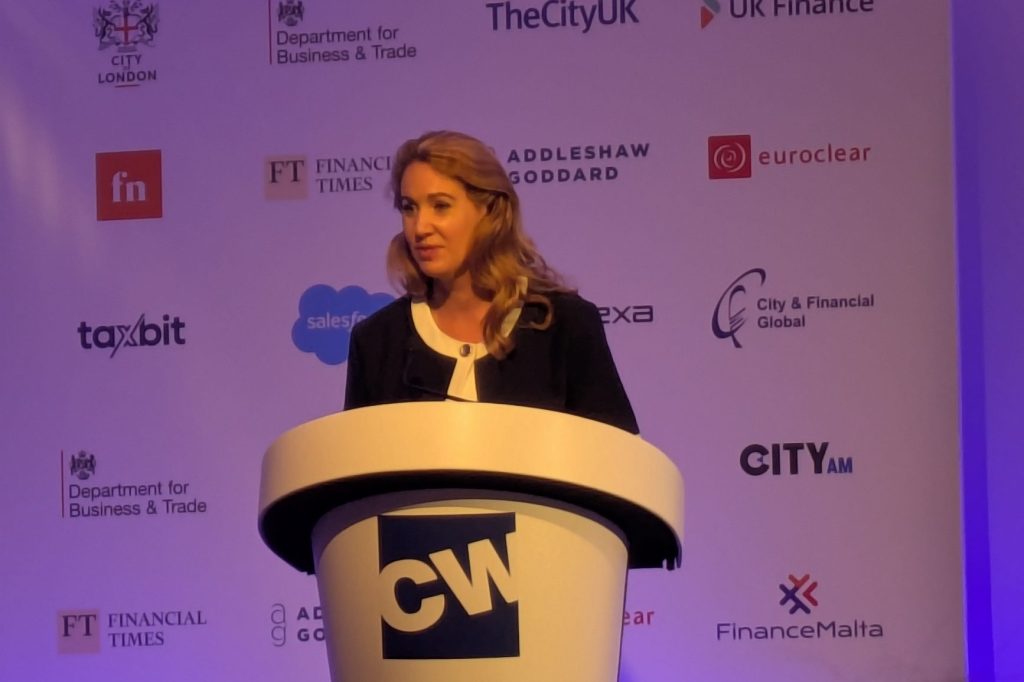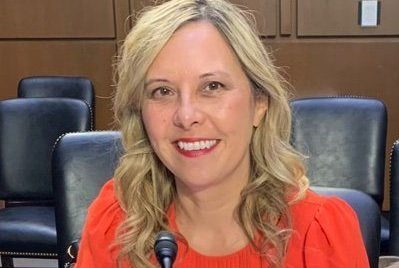Experienced compliance, legal and financial professionals have “failed customers in their essential duties”, fuelling a “crisis of trust” in crypto markets. That’s the view of CFTC Commissioner Christy Goldsmith Romero, who delivered a forthright assessment on the fallout from the FTX scandal during a speech at the University of Pennsylvania’s Law School.
In her view, experienced professionals need to “step up, and call for compliance, controls and other governance, without allowing the promise of riches and the company’s marketing pitch to silence their objections to obvious deficiencies”.
She said the shock caused by the collapse of FTX “has to do with a violation of trust. FTX and its founder Samuel Bankman Fried focused so much of their messaging on the idea that FTX and Mr Bankman Fried could be ‘trusted’ and that FTX was a ‘safe’ and responsible haven in the crypto markets.”
Sophisticated PR campaign
She spoke about how a sophisticated PR campaign pushed the idea that crypto was an opportunity not to be missed out on, that presented doubters as small-minded at best. She said: “Who can forget Crypto.com’s Superbowl commercial featuring Matt Damon that seemed to shame anyone with doubts as cowardly, exalting the ‘others’ as those who ‘embrace the moment and commit’.”
In a lengthy address, she said she thought “basic customer protections are often missing in the crypto industry. Disclosures are often non-existent, incomplete, confusing, or buried, leaving customers uninformed of their rights and risks”.
She made seven key observations about the FTX case.
- “Financial markets are heavily dependent on public trust. Despite crypto’s origin as a trustless system, investors and customers have come to trust centralized exchanges for access to crypto markets.”
- “FTX sought public trust by messaging itself and its founder as trustworthy. Celebrity endorsements and social media added to retail customers’ trust in FTX and other exchanges.”
- “The digitization of financial services and products, which accelerated during the pandemic, brought convenience but also a presumed trust in crypto exchanges with name recognition – trust that FTX violated.”
- “Good corporate governance, starting with tone-at-the-top, is necessary to establish and keep trust.”
- “Gatekeepers failed customers in the unregulated crypto market.”
- “There is also a trust deficit with venture capital firms, pension funds and other large equity investors who owe fiduciary duties to their clients to conduct due diligence.”
- “Hackers will seek to exploit crypto companies with customer funds. Sound custody practices and strong cybersecurity are necessary to restore trust and protect customers.”
Two areas she focused on were the commingling of funds and the processes by which more traditional financial institutions decided to invest in crypto enterprises. She invited her audience to consider the following investments;
- An approximate $900m to $1bn capital raise from Paradigm, Sequoia Capital, SoftBank, Temasek, Insight Partners and others for FTX to reach an $18bn valuation.
- A reported additional $420m in capital raised from the Ontario Teachers’ Pension Plan Board, Temasek, Sequoia Capital, Sea Capital, IVP, Blackrock and others to reach a $25bn valuation.
- A further $400m in capital from Temasek, Paradigm, IVP, and others to reach an estimated $32bn valuation.
She made the points in the same week it emerged that a pension fund in Fairfax County, Virginia, had at least $35m committed to crypto firm Genesis, which has declared bankruptcy. As Matt Kelly observed on his Radical Compliance blog: “A public-employee pension fund, where low investment risk is paramount, pouring money into crypto assets. Let that sink in.”
Romero concluded: “Questions surround the due diligence conducted by these large equity investors in this unregulated company.”
On commingling of funds, she said: “User agreements posted online for Coinbase and Kraken, two of the largest digital asset exchanges in the world, appear to authorize the commingling of customer and exchange assets … The commingling of customer and company funds presents a significant threat to customers that can leave customers in a musical chairs dilemma and lead to the risk of a run on the crypto company.”
“In my conversations with Congress and others, I continue to stress the importance of a complete ban on commingling customer and company funds as the single most important customer protection needed in crypto. In addition, I continue to stress the need for customer bankruptcy priority.”
Romero observed that: “Digital asset firms are very good at pitches, particularly pitches about how innovative their product or service is compared to others … Digital asset companies have a much harder time facing exacting questions about standard governance and accountability requirements that are expected of traditional finance.”
Good corporate governance
And she didn’t hold back on suggesting what she thought needed to change. “Good corporate governance… requires a tone-at-the-top”, she said. “It will take gatekeepers speaking truth to power, or choosing to leave firms that do not take their responsibilities to customers seriously – something that as a former Inspector General, I know takes a lot of courage. But it is necessary if the industry (and their gatekeepers) wish to restore any semblance of trust. Most importantly, it is necessary to protect customers and promote market integrity.”
She said she would “…support Congress enacting a comprehensive statutory framework throughout the federal government that would require customer protections, instil market integrity, close regulatory gaps, and reduce regulatory arbitrage.
“Questions surround the due diligence conducted by these large equity investors in this unregulated company.”
Christy Goldsmith Romero
“For any legislation, I have advocated with Congress and continue to advocate for, among other customer protections and market integrity guardrails, the following:
- Complete ban on commingling customer assets with company assets.
- Resolution of conflicts of interest with respect to insiders and affiliated entities.
- Broad application of the Bank Secrecy Act (including its Anti-Money Laundering provisions)
- Strong cybersecurity requirements.
- Broker fiduciary duties to customers.
- Clear, plain-English disclosures to customers, delivered in a manner that effectively informs customers of their rights and risks.
- Appropriate regulation of decentralized finance.”













